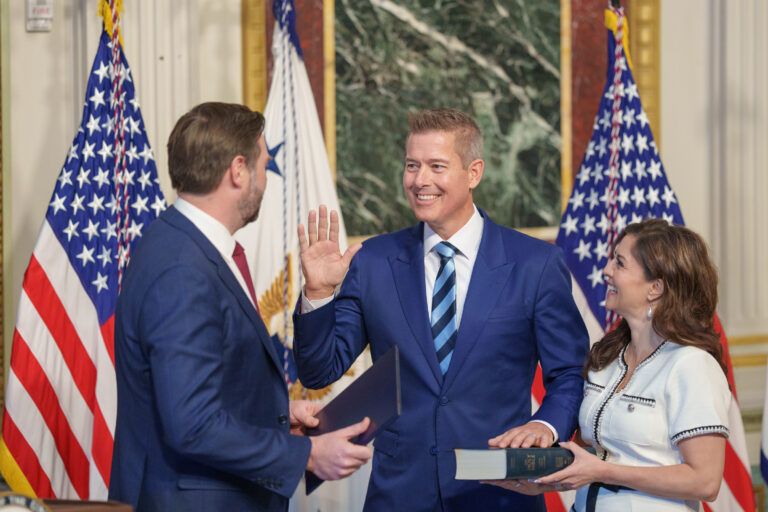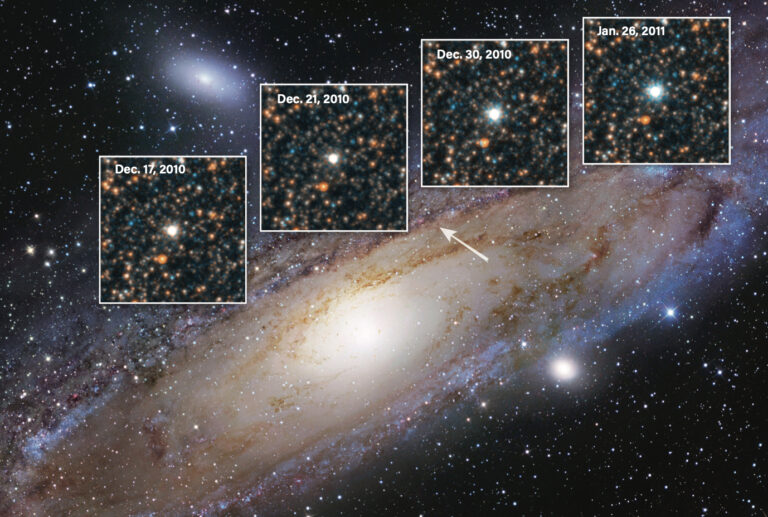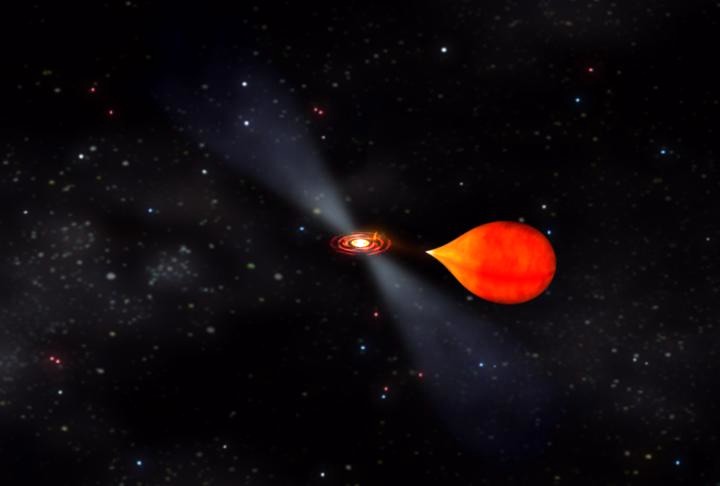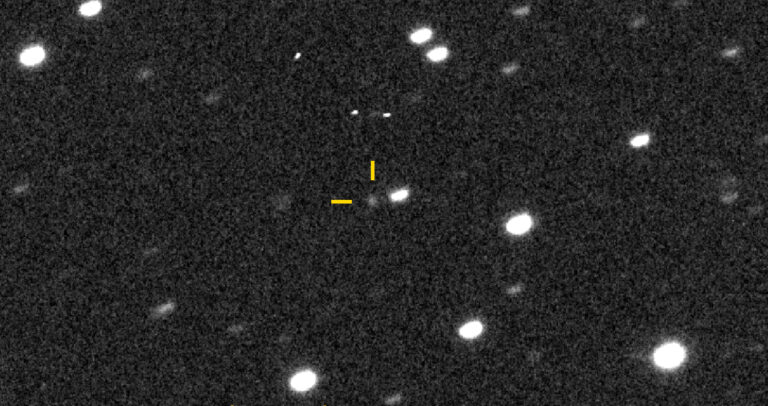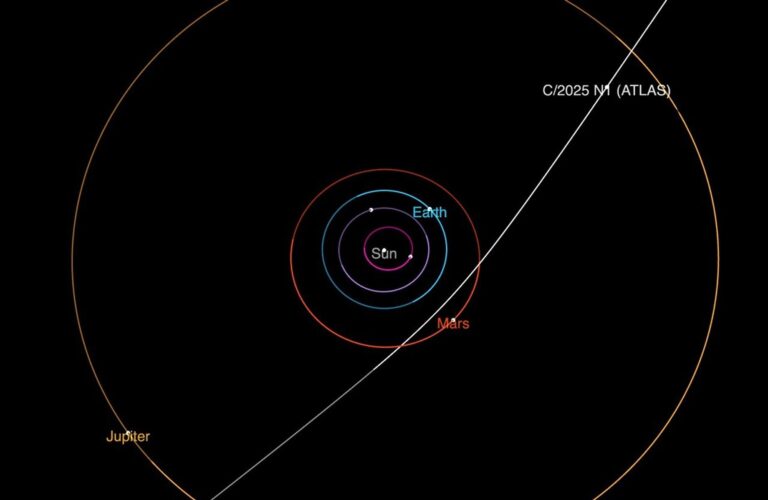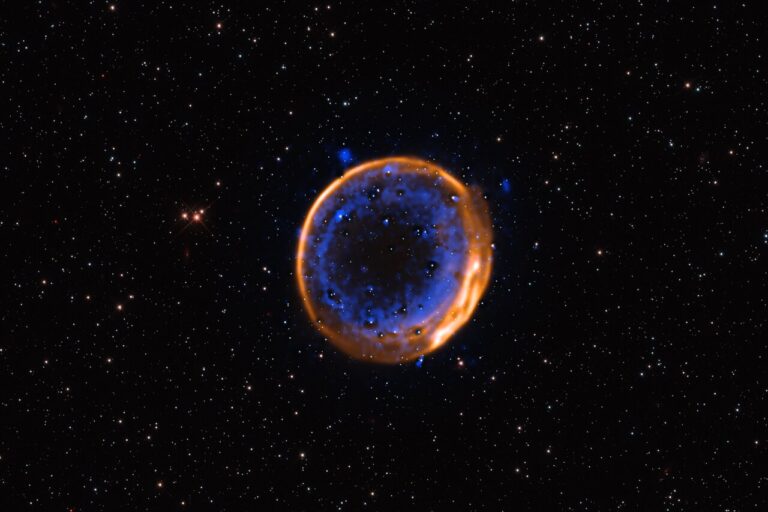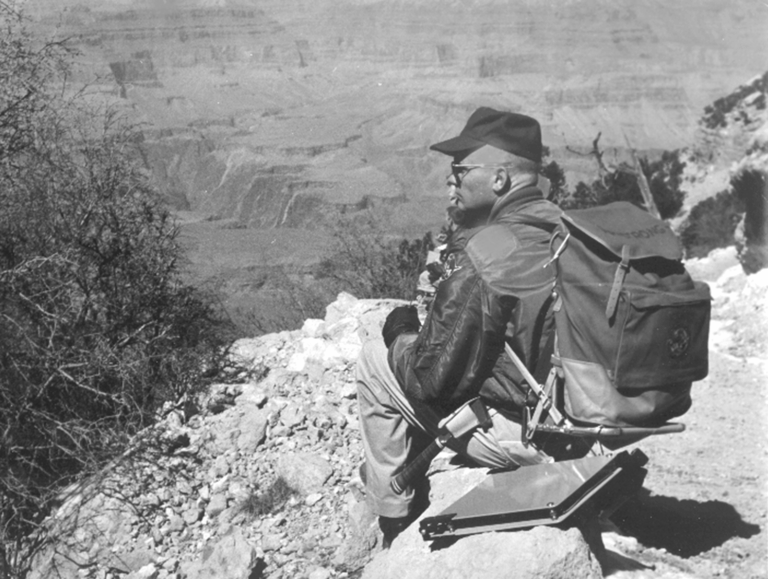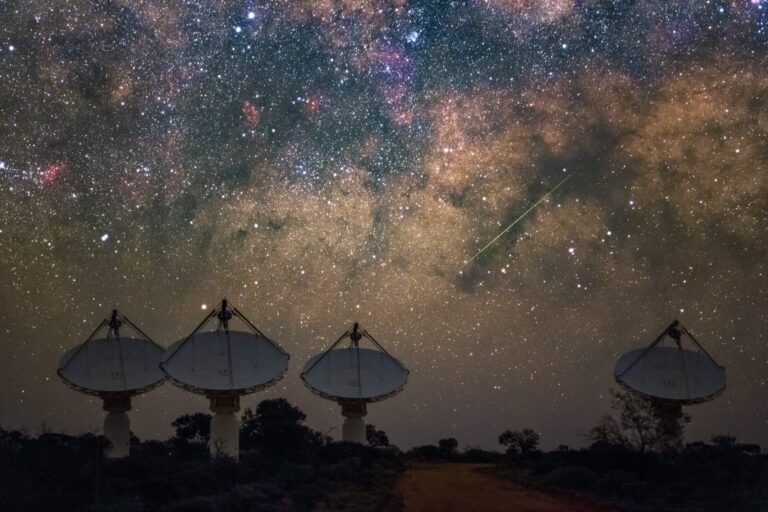Key Takeaways:
The jargon can be baffling to a spouse who gets dragged to a star party and is subjected to hours of Dobs, Barlows, Messier numbers, and the rest. It’s our own vernacular — astrospeak. Where else can one encounter a “clock drive”? An outsider couldn’t begin to guess what that might be.
While much of astrospeak involves tech terms like CCD or focal length, some of it sounds like baby talk. White dwarf. Red Spot. Or seeing, as in “The seeing’s so bad the rings are blurry.” When a friend first heard that, he was amazed: “Astronomers speak of seeing? Not some technical term that rates the air’s steadiness? You’ve got to be kidding. Seeing?“
I don’t care, I like the word. “Seeing” says it flat out. Who cares if it makes us sound like 6-year-olds?
Rather than limiting our use of astrospeak, we should create more of it. Astrospeak has no term for staring into an overcast sky during a total eclipse. The thwarted observer’s expression of disgust and disbelief deserves its own name, too. It’s useful in many astro-situations, like when your friends cheer at a sudden fireball that you missed while searching for the most recently dropped eyepiece.
We also need a term for the act of repeatedly nudging a telescope, as when the drive isn’t working or you polar aligned it to, say, Virgo. When else in life do you move an object at 1-minute intervals? You’d have to be insane.
As long as we’re thinking of names for things that don’t have them, let’s rename a bunch of stuff. For instance, it’s not fair the features on the Moon’s farside have Russian labels. And, have you ever tried to utter Libra’s two brightest stars, Zubeneschamali and Zubenelgenubi? Forget it. Change them to Bill and Judy.
Also, let’s do away with the sillier deep-space names. Dumbbell Nebula? Black Eye Galaxy? What joker decided to name starbirth places after gym equipment or injuries? Orion. Andromeda. Those are names. We’ll keep a few funny ones like Betelgeuse just for laughs.
I think our spacecraft also deserve better or less-risky appellations. Challenger? Bad name. Who or what were we challenging up there? It’s like naming a rocket “Titanic” or “I dare you.” Endeavor is nice, so is Discovery. Atlantis — that’s iffy. Personally, I would feel more comfortable in a shuttle named “Please-don’t-hurt-me.” But that’s just me.
Let’s even rename some constellations. Half are fine. Maybe three-fourths. But nobody bothers looking for Camelopardalis even though it’s circumpolar and thus, visible every minute of the year.
Cancer’s gotta go, that’s obvious, along with Scutum, which sounds like sputum. Replacement names? There are a few ways we can go with this:
1. Kids love constellations but have few they can handle. So call the new ones Muffy, Tabby, and Spot.
2. The sky is loaded with archaic job descriptions like Ophiuchus the Serpent-bearer. Nobody carries snakes for a living anymore, so add actual occupations like Phoebe the Flight Attendant.
3. Retire the outdated tools in the sky like Antlia the Air Pump and replace them with names like Debby the Dobsonian.
4. If we run out of patterns, we’ll switch to the Chinese sky-scheme of countless teeny-weeny ones. Orion gets cut into several new constellations. His belt turns into a frankfurter. His little triangular head becomes an airline terminal’s luggage area.
One problem is that the International Astronomical Union, the official organization that names things, is composed of the most staid and humorless people on Earth. Listen to how they insist NASA names the new objects the Cassini spacecraft is now finding on Saturn’s moons:
“Titan’s features are to be named for ancient displaced cultures. Iapetus’ will be people and places from Sayer’s translation of Chanson de Roland. Dione: People and places from Virgil’s Aeneid. Mimas: People and places from Malory’s Le Morte D’Arthur (Baines Translation).”
I’m not making this up. No characters from The Simpsons. Nothing whimsical at all. Touring the solar system will be like sitting through freshman English.
The cosmos is serious business, and we have to wipe those silly grins off our faces. Right? Yes sir, you can say that again.


